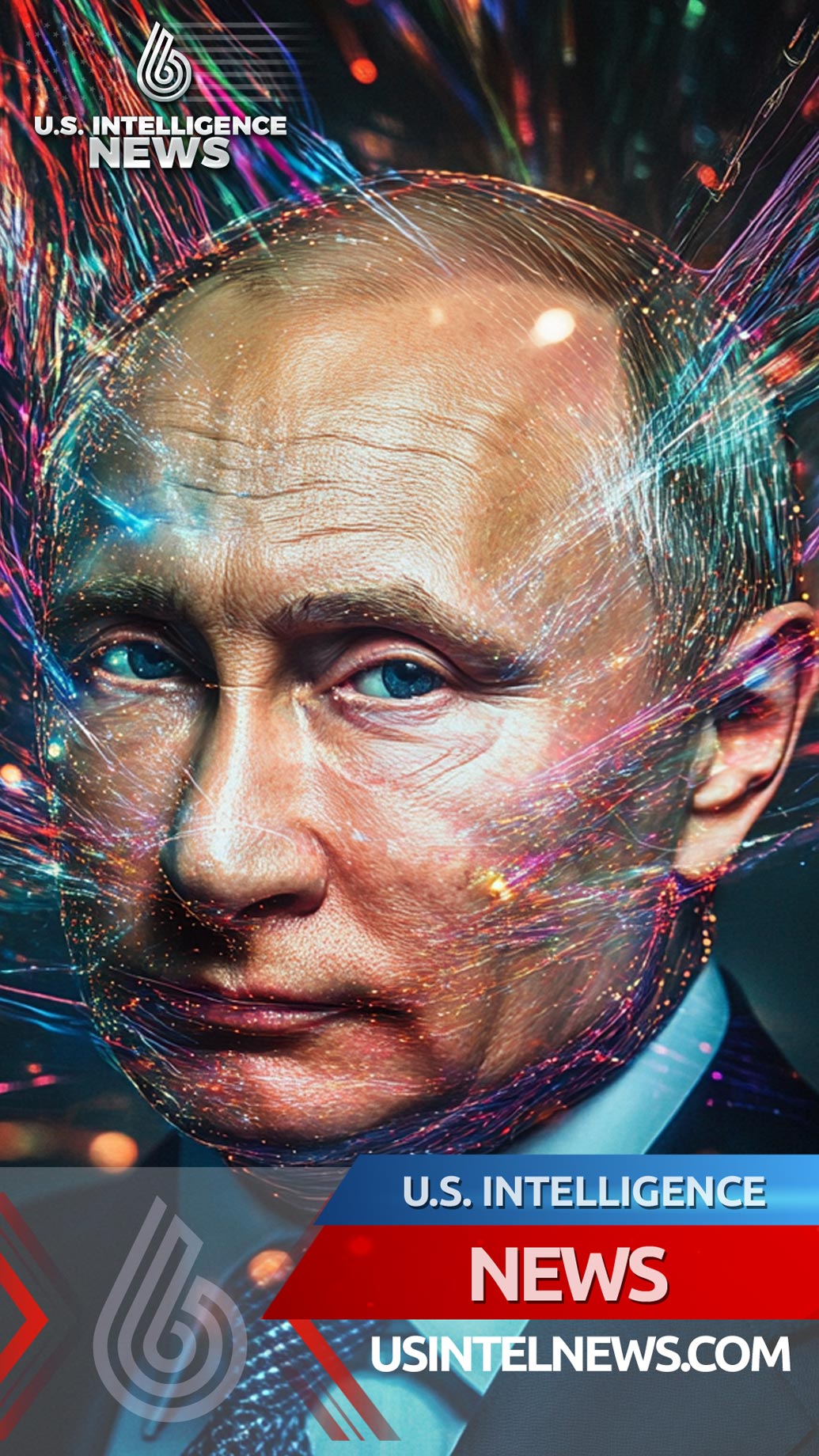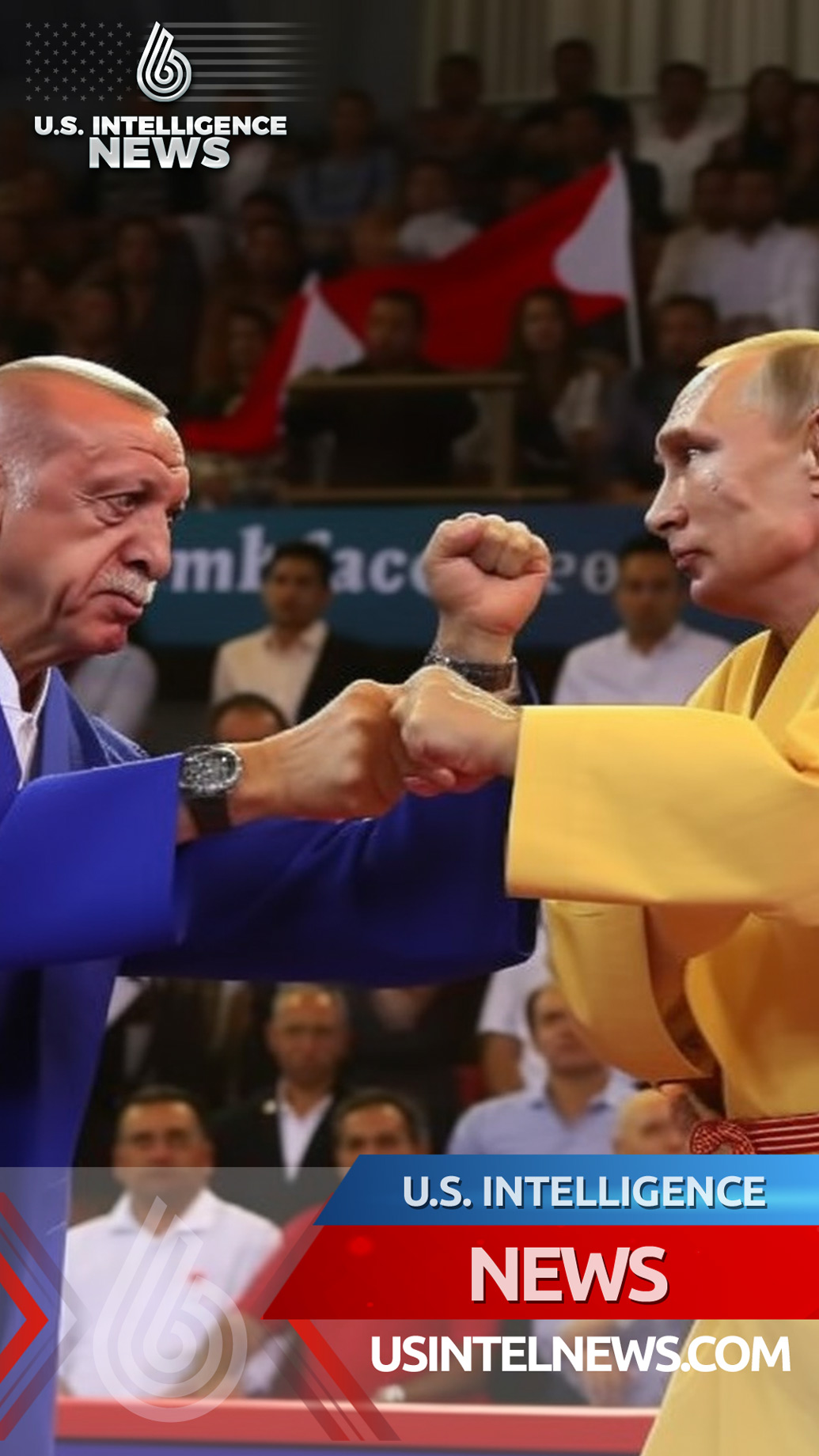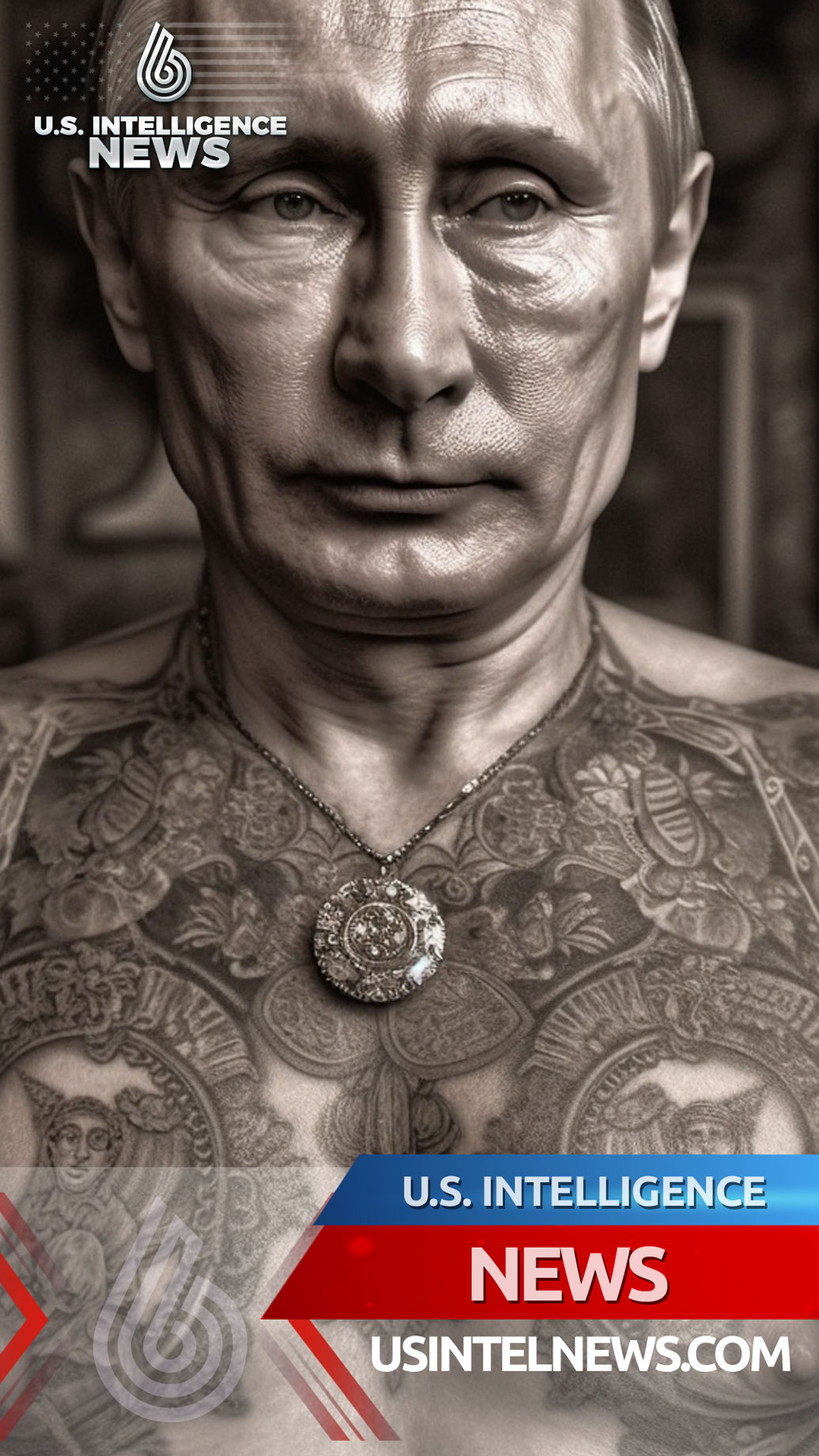
Key Facts
-
- Russia Shifts Focus Beyond Ukraine: As the Ukraine conflict nears its end, Russia is escalating operations to destabilize Moldova, Armenia, and the Baltic states.
- Costly Special Operation: Russia’s ongoing “Special Military Operation” in Ukraine has led to significant losses in personnel and equipment, severely impacting the economy.
- Dual-Track Strategy: Russia seeks to reshape global influence through negotiations with the US while simultaneously destabilizing neighboring states.
Kremlin’s New Focus: Destabilization Beyond Ukraine
As the conflict in Ukraine nears its end, with limited gains and significant costs, Russia is strategically shifting its focus. US Intelligence sources reveal that Moscow is preparing for peace negotiations while escalating operations to destabilize Moldova, Armenia, and the Baltic states.
Ukraine Conflict: A Costly “Special Operation”
Russia’s “Special Military Operation” in Ukraine, now entering its third year, has resulted in staggering losses of personnel and equipment, severely impacting Russia’s economy. The Kremlin aims to portray the conclusion of the conflict as a victory, a claim that is unlikely to be accepted internationally.
Dual Track Strategy: Negotiations and Regional Sabotage
Russia’s strategy involves engaging the United States in broader negotiations, potentially aiming for a reshuffling of global influence to solidify its status as a major power broker. Simultaneously, the Kremlin plans to destabilize neighbouring states, ensuring it maintains leverage over the EU and NATO.
Key Power Shifts Within the Kremlin
Internal shifts within the Kremlin reveal that the faction of hardliners—the “hawks”—has lost their exclusive authority over decisions related to the SMO. Decision-making now involves consultations with different factions, indicating a significant change in internal power dynamics.
Retaliation and Future Conflicts Planned
While some “hawks” are seeking a resolution to the Ukraine conflict on favorable terms, they are also planning acts of retribution against Turkish President Erdogan. Potential actions in Libya are also being considered. However, many of these plans lack feasibility.
Moscow’s Future Geopolitical Aims
Despite logistical challenges, the Kremlin’s hardline faction plans to initiate conflicts in regions critical to U.S. interests. Libya is being considered as a potential transit hub for these operations, underscoring Moscow’s ambition to maintain geopolitical influence despite setbacks.
Conclusion: A Dual-Track Geopolitical Strategy
This dual strategy—pursuing peace while simultaneously fueling regional instability—underscores the Kremlin’s determination to retain its geopolitical significance despite growing pressures both domestically and internationally. The world watches closely as Russia’s evolving strategies unfold.
Frequently Asked Questions (FAQ)
What is Russia’s new strategic focus beyond Ukraine?
Russia is shifting its focus from Ukraine to destabilizing Moldova, Armenia, and the Baltic states while preparing for peace negotiations.
How has the Ukraine conflict impacted Russia?
The conflict has resulted in heavy losses of personnel and equipment, severely impacting Russia’s economy, though the Kremlin aims to portray it as a victory.
What is Russia’s dual-track strategy?
Russia is engaging in negotiations with the United States while simultaneously destabilizing neighboring states to maintain influence over the EU and NATO.
How have internal power dynamics in the Kremlin changed?
The “hawks” in the Kremlin have lost their exclusive authority over military decisions, with consultations involving different factions now influencing decisions.
What are the Kremlin’s plans for retaliation and future conflicts?
Some hardliners in the Kremlin are planning retribution against Turkish President Erdogan and are considering actions in Libya, though these plans face significant challenges.
What are Moscow’s geopolitical aims for the future?
Despite challenges, Moscow plans to initiate conflicts in regions critical to U.S. interests, with Libya considered as a potential transit hub for these operations.


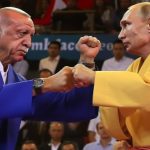 Kremlin’s High-Stakes Gambit: Secret Deals, a Presidential Double, and the Fight to Salvage Power in Syria
Kremlin’s High-Stakes Gambit: Secret Deals, a Presidential Double, and the Fight to Salvage Power in Syria  Putin’s Economic Gambit: Russia Aims for Global Oil Dominance Amid Sanctions Pressure
Putin’s Economic Gambit: Russia Aims for Global Oil Dominance Amid Sanctions Pressure 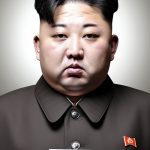 Are North Korean Soldiers a Burden or Asset in Russia’s Offensive?
Are North Korean Soldiers a Burden or Asset in Russia’s Offensive?  As Bitcoin Faces a Market Meltdown, Ethicoin Rises as the Ethical Alternative for a Sustainable Crypto Future!
As Bitcoin Faces a Market Meltdown, Ethicoin Rises as the Ethical Alternative for a Sustainable Crypto Future! 